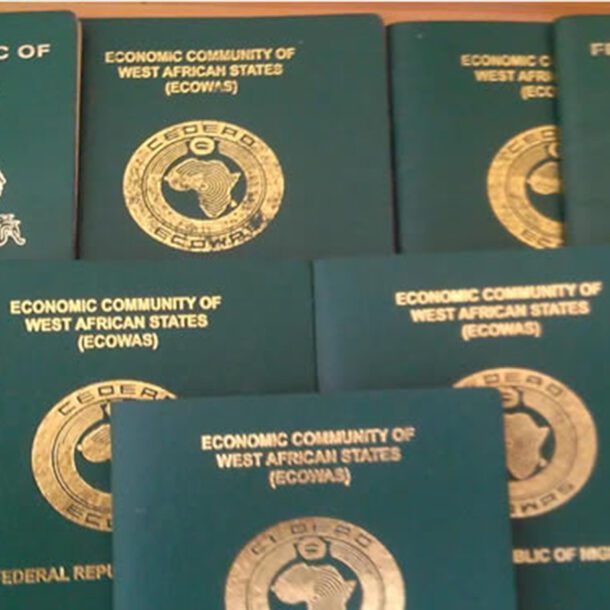
The Practitioner’s Guide to Global Investigations: Volume II: Global Investigations around the World
By FSAdmin
Introduction to Volume II
Judith Seddon, Eleanor Davison, Christopher J Morvillo, Luke Tolaini, Celeste Koeleveld, F Joseph Warin and Winston Y Chan1
Boards and senior executives have never been more concerned that they or their organisation may come under the scrutiny of enforcement authorities. And with good reason. In recent years, there has been an upsurge in confidence among enforcement authorities across the globe, which has manifested in and led to increased numbers of investigations, fines of unprecedented orders of magnitude and senior executives facing the much more realistic prospect of investigations concerning their own conduct and, in some cases, prosecution, conviction and imprisonment.
In many jurisdictions, the introduction of new offences and changes to the law of corporate criminal liability have provided enforcement authorities with increased opportunities to pursue criminal investigations and ultimately to prosecute corporate entities. Coupled with this has been the incentivisation of corporates to co-operate with investigations and provide information to assist authorities in pursuing culpable individuals. In some jurisdictions, notably the United States, co-operation is an established feature of the enforcement landscape and is regularly used to bring investigations to a pragmatic conclusion without the commercially destructive consequences that prosecution of a corporate entity can bring. In others, such as the United Kingdom and France, legislation enabling corporates to conclude investigations short of prosecution is still comparatively young, although significant settlements involving multinationals have demonstrated the abilities of enforcement authorities to reach outside their own jurisdictions and to coordinate to an ever greater extent.
Clients
Privacy Policy
Terms of Service
Address
128B, Association Road, Dolphin Estate, Ikoyi, Lagos



